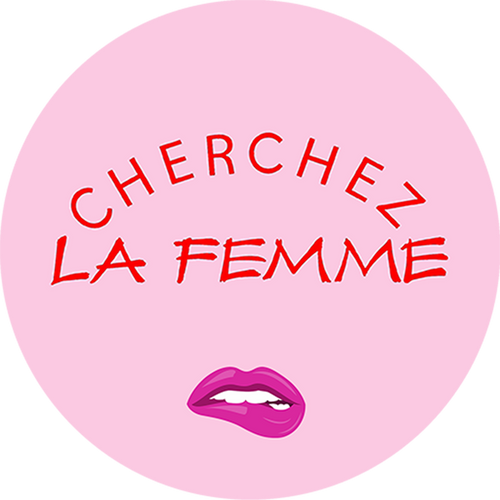The Copyright Issues Within AI
Last year we talked about the explosion of AI tools and how this technology is evolving way faster than we ever thought.
Of course, ChatGPT, MidJourney, etc are making business owner’s lives way easier than they used to be, but the rise of generative AI tools has also brought up new concerns around copyright laws and ownership of AI-generated content as well as ethical issues. When using artificial intelligence to create something, whose intellectual property does it belong to? Is it the creator's, the AI's, or the owner of the content the AI was trained on?
With AI being able to complete tasks that were once exclusive to humans, it has become increasingly difficult to determine who owns the rights to AI-generated content. This has sparked debates around copyright laws, particularly for images, texts, and other forms of art generated by AI models through human input.

The controversy surrounding AI-generated art came to the forefront after a Midjourney generated image won the Colorado State Fair's art competition in 2022. The win triggered many angry responses from artists who claimed that AI will be the death of creativity and art if an AI-generated picture is considered more creative than human work. Aside from the fear of AI taking over the art field and putting many creatives' jobs at risk, the situation also raised questions around copyright issues. For instance, if an artist only came up with a description of the art but the AI tool generated it, who really owns the rights to the resulting image?
This is not the first time legal systems are faced with questions on how to define ownership of a specific creation when a new tool serves as a medium in its making. Photography, for instance, was also an invention that altered our understanding of human creation back in the 1800s when it first emerged. A court later ruled that photographers own the right to the photographs they create, which led to photography becoming a new form of art on its own.
With the advent of generative AI for public use, the EU has been lagging behind in terms of regulations. While the EU's AI Act is the closest the EU has come to regulating AI usage, there are no specific laws in place for copyrighting AI-generated content, and it is generally handled on a case-by-case basis. However, a recent vote by members of the European Parliament has addressed the concerns by requiring companies deploying AI-generated content to disclose any copyrighted material used in developing their systems.
Just like with environmental issues, the EU is further ahead than than UK also when it comes down to AI regulations. In fact, the UK government is adopting a pro-innovation approach to AI regulations, without worrying much about rules and copyrighting issues so far.
As AI-generated content continues to evolve, it is important to establish clear rules and regulations to determine ownership and avoid any legal disputes. The past can serve as a guide on what to expect from AI-generated content copyright laws.
[info sourced on euronews.com and gov.uk
All images sourced on canva.com]

